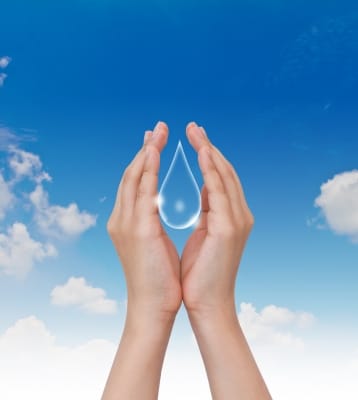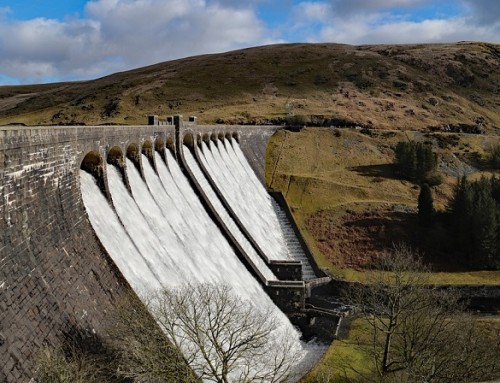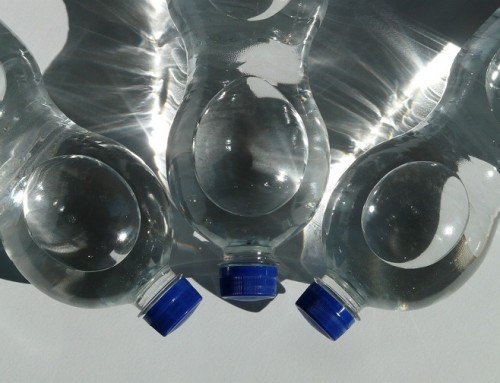 While the world’s population tripled in the last century, the use of renewable water resources has grown six-fold. Within the next fifty years, the world population will increase by another 40 to 50%.
While the world’s population tripled in the last century, the use of renewable water resources has grown six-fold. Within the next fifty years, the world population will increase by another 40 to 50%.
This population growth – coupled with industrialization and urbanization – will result in an increasing demand for water and will have serious consequences on the environment.
Already there is more waste water generated and dispersed today than at any other time in the history of our planet: more than one out of six people lack access to safe drinking water, namely 1.1 billion people, and more than two out of six lack adequate sanitation; namely 2.6 billion people.
Environmental crisis
It is all the more critical that increased water use by humans does not only reduce the amount of water available for industrial and agricultural development but has a profound effect on aquatic ecosystems and their dependent species. Environmental balances are disturbed and cannot play their regulating role anymore.
Saving water resources
Whatever the use of freshwater (agriculture, industry, domestic use), huge saving of water and improving of water management is possible. Almost everywhere, water is wasted, and as long as people are not facing water scarcity, they believe access to water is an obvious and natural thing. With urbanization and changes in lifestyle, water consumption is bound to increase. However, changes in food habits, for example, may reduce the problem, knowing that growing 1kg of potatoes requires only 100 litres of water, whereas 1 kg of beef requires 13 000 litres.
Rent water coolers london from Living-Water. Get office water coolers and plumbed in water dispensers today!





